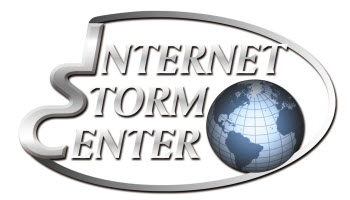When you need to quickly investigate a suspicious computer located thousands of kilometers away or during a pandemic like we are facing these days, it could be critical to gain remote access to the computer. Just to perform basic investigations. Also, if the attacker did a clever job, he could


